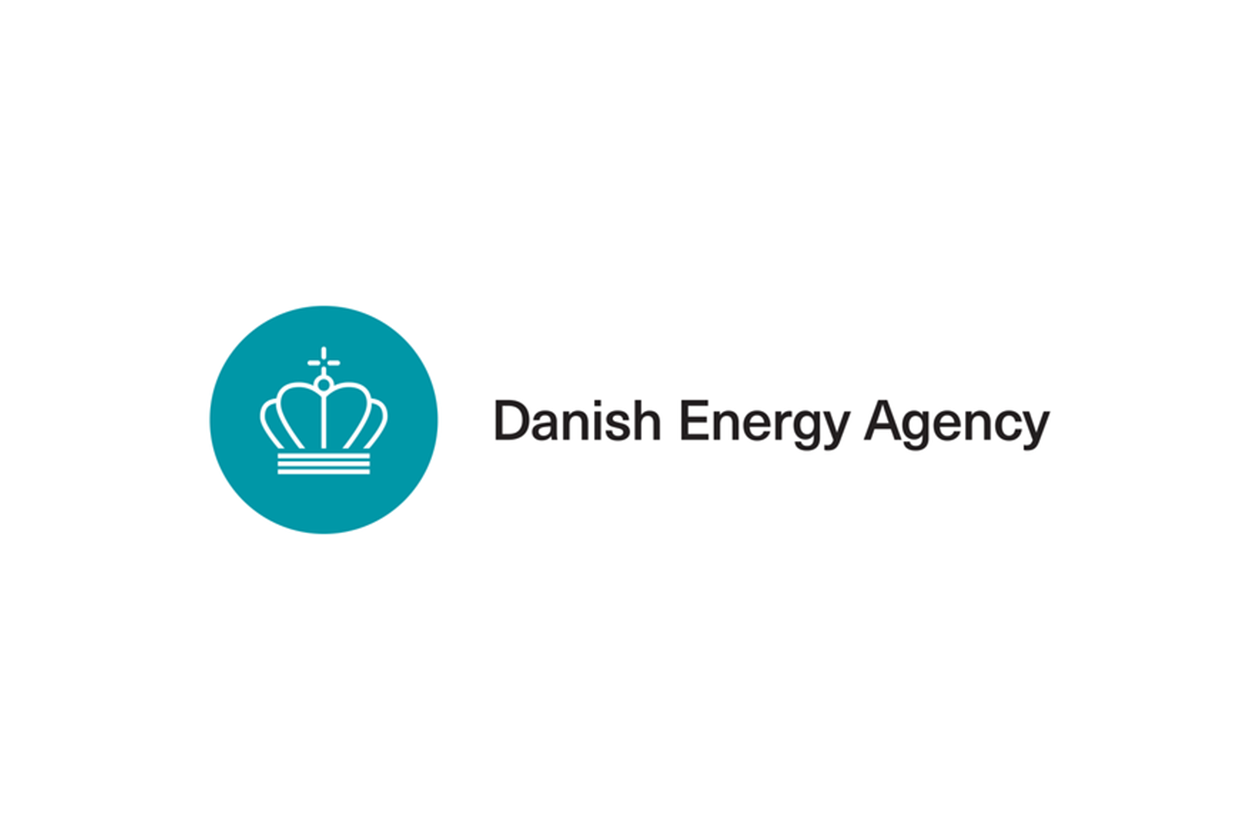At three specific locations in Denmark, a number of companies have been granted a license to explore whether carbon can be stored responsibly onshore in the Danish subsoil.
“Granting the first licenses for onshore carbon storage underground are an important step. Carbon storage is vital if we are to achieve our climate targets, and the Danish subsoil has the necessary qualities needed to store carbon safely and responsibly,” says Kristoffer Böttzauw, Director General of the Danish Energy Agency.
The companies Wintershall Dea International GmbH and INEOS E&P A/S together with Nordsøfonden have been granted a license to explore at Gassum; CarbonCuts A/S together with Nordsøfonden have been granted a license to explore at Rødby; and Equinor Low Carbon Solutions Denmark A/S and Ørsted Carbon Solutions A/S together with Nordsøfonden have been granted a license to explore at Havnsø. No licenses have been granted for Stenlille and Thorning.
On June 27 the Danish Energy Agency will hold an online briefing for residents in the areas where exploration licenses have been granted. Read more in the fact box below.
Great interest from companies
The Danish Energy Agency has received 9 applications from a total of 10 companies for a license to explore for onshore carbon storage potentials in the Danish subsoil, at a total of 5 locations that, based on GEUS’ studies, are considered particularly suitable for carbon storage.
“We’ve reviewed the projects very carefully to make sure they are realistic and responsible in terms of collecting the necessary data and identifying risks. Furthermore, all the companies have been assessed for whether they have the necessary technical and financial capacity,” says Kristoffer Böttzauw.
Safety and investigations
Once the Minister for Climate, Energy and Utilities has issued the licenses, the companies will have exclusive rights to conduct investigations and collect further data to learn more about the potentials for storing carbon. If the investigations confirm that the subsoil is suitable for commercial carbon storage, and that it can be done safely and responsibly, then the companies can apply for a license to commence storage.
During the exploration period, it may also turn out that some of the areas are not suitable for commercial-scale carbon storage. In that case, more investigations may be needed in the area, or they may be discarded for use as carbon storage entirely. Carbon storage can only be permitted if it can be done responsibly in terms of the environment, nature and safety. The Danish Energy Agency and the Danish Environmental Protection Agency will ensure compliance with these important conditions.
Enormous climate potential
The award of licenses to explore for onshore carbon storage potentials in the Danish subsoil is an important step forward on Denmark’s path towards carbon neutrality and it cements Denmark’s position in meeting the growing demand for carbon storage capacity.
The Geological Survey of Denmark and Greenland (GEUS) has previously concluded that the Danish subsoil is highly suitable for carbon storage, both onshore and offshore. In the long term Denmark can become a commercial hub for storing carbon from all over Europe.
CCS – Carbon Capture and Storage
- CCS is the collective term for a range of technologies that can capture CO2 and store it underground.
- In short, the technology works by capturing carbon from carbon-emitting sources such as power plant chimneys, biogas plants and cement production.
- Once the CO2 has been separated from the smoke, it is typically cooled and compressed so that it becomes a liquid and can be more easily transported via pipes, tankers or ships to suitable underground storage. In liquid form, CO2 can easily and efficiently be transported in pressurized pipelines.
- Capturing and storing CO2 underground is a safe and well-proven technology that has been in use for more than 40 years. Denmark is at the forefront of the carbon storage method, and in recent years Norway, the Netherlands, Belgium and the UK have also broken ground on major CCS projects.
- Carbon storage may only take place if it can be done responsibly in terms of the environment, nature and safety. The Danish Energy Agency and the Danish Environmental Protection Agency will ensure compliance with these important conditions. The Danish Energy Agency has been in dialogue with the municipalities and local residents in the areas in question.

